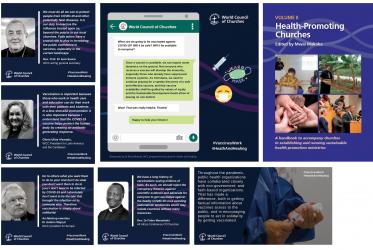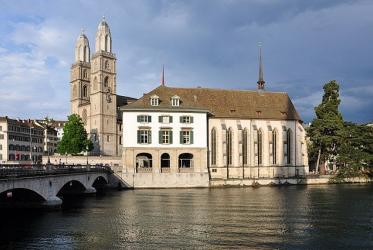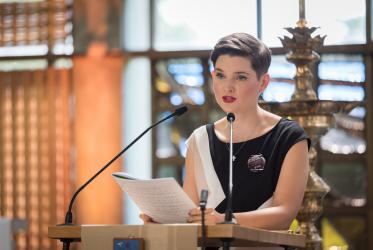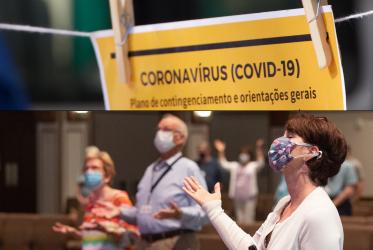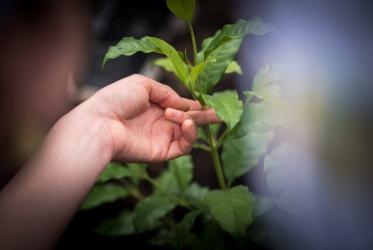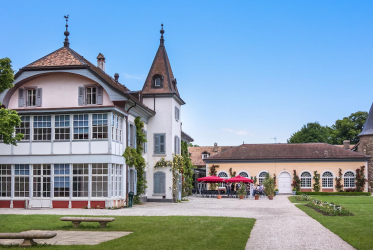Displaying 121 - 140 of 613
Ecumenical conference features theological reflections on ecology
16 February 2021
WCC podcast deals with death and dying
15 December 2020
WCC mourns passing of Hendrew Lusey-Gekawaku
23 October 2020
New student body at Bossey Ecumenical Institute “a source of joy”
14 September 2020
At Bossey, ’I could feel the belongingness’
17 June 2020


